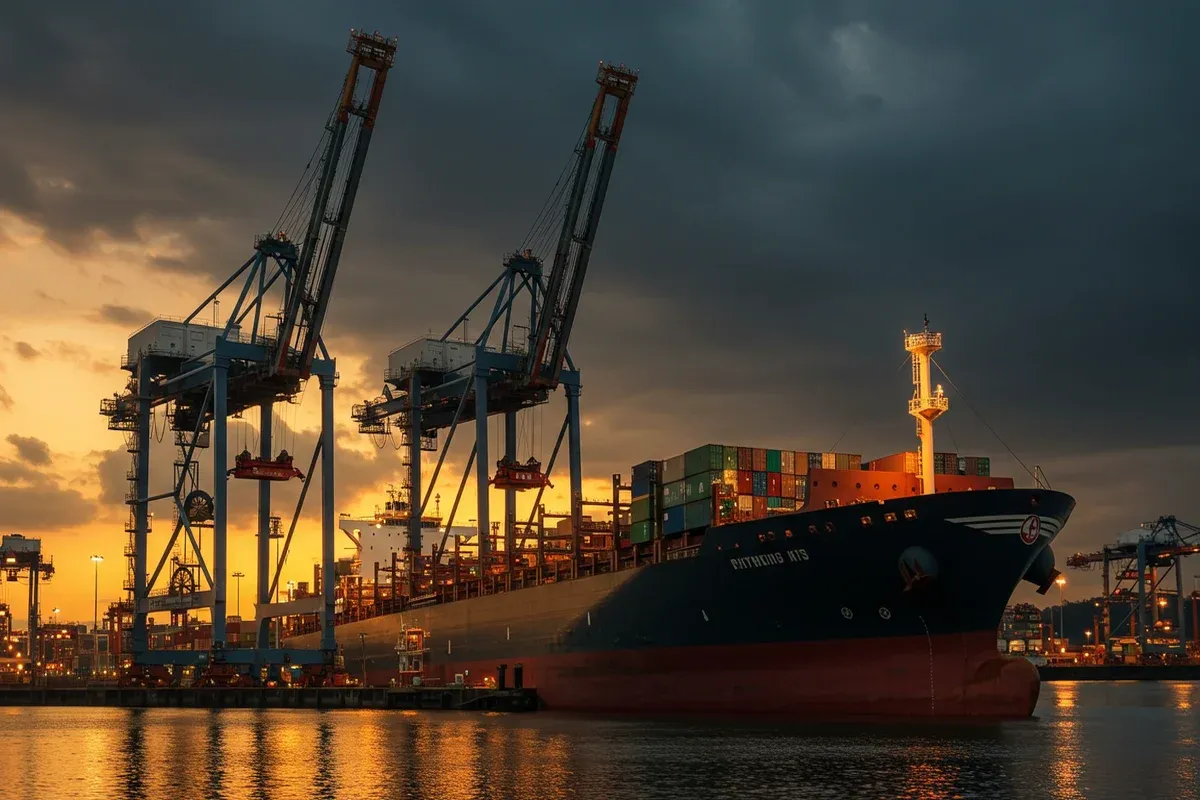
The Port of Pittsburgh Commission is a government agency focused on advancing the commercial viability, development, and environmental stewardship of the inland waterways system throughout southwestern Pennsylvania. Established by the state legislature, the commission administers a vast port district covering 13 counties and more than 200 miles of commercially navigable rivers, including segments of the Allegheny, Monongahela, and Ohio Rivers. The region has a rich industrial history, with its waterways long serving as critical arteries for transporting coal, steel, chemicals, and aggregate products. Today, the commission promotes barge traffic and intermodal development, aiming to relieve highway congestion, foster economic growth, and support recreational use of the rivers. The port’s infrastructure—including locks and dams—remains vital not just for navigation and commercial activity, but also for flood control, water supply, and public safety. By integrating commercial, regulatory, and recreational priorities, the Port of Pittsburgh Commission continues to bolster the region’s role as one of the largest inland ports in the United States.
Varies by facility and lock; typical commercial lock operations run 24 hours a day, 7 days a week.
Major carriers serving this port